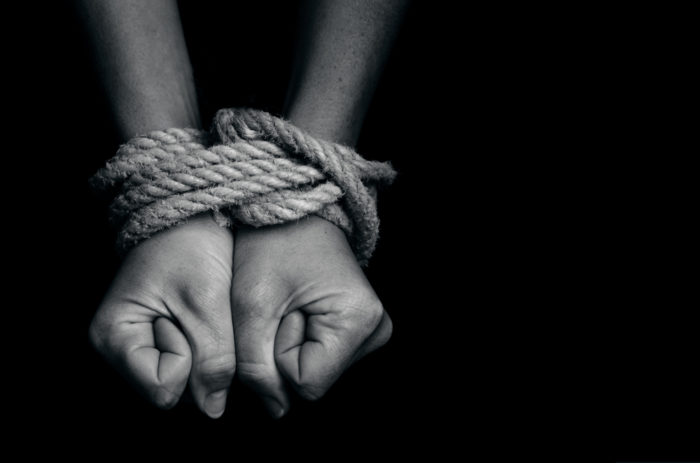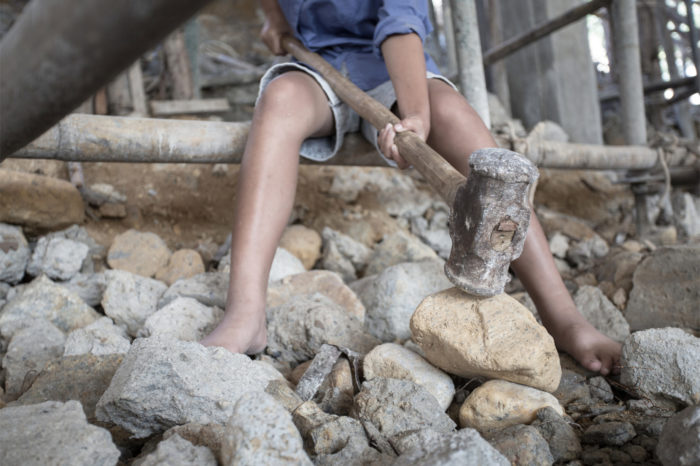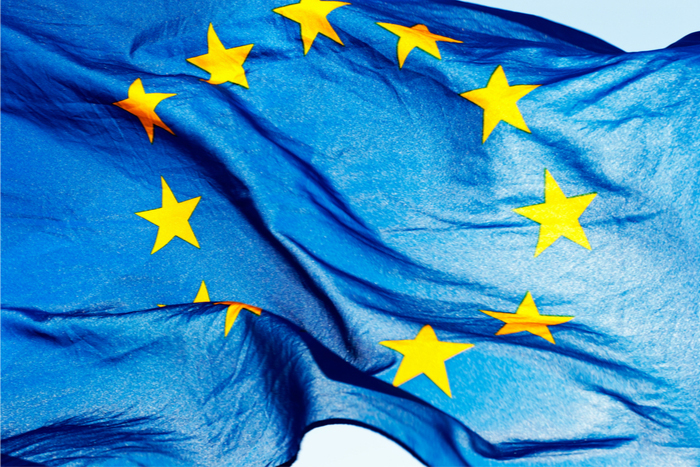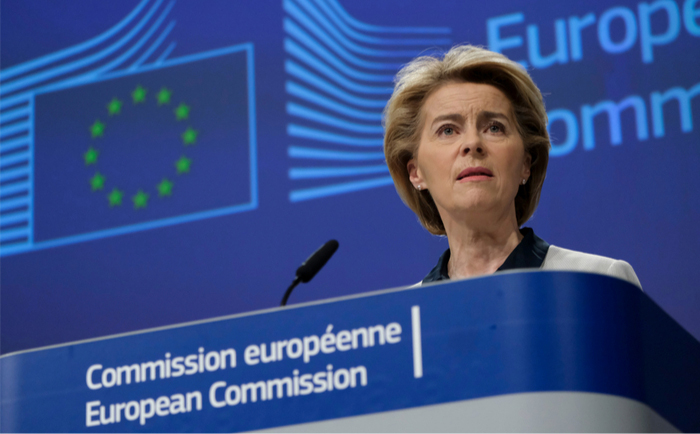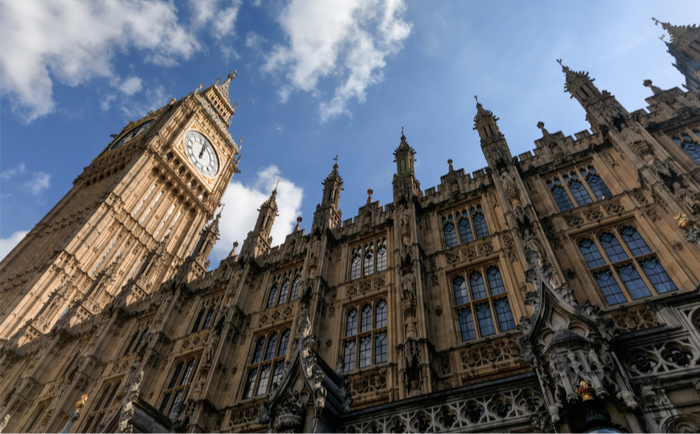The issue of mandatory human rights due diligence for companies will not go away. This week a group of investors with $5trn in assets under management called on governments around the world to impose an obligation on companies to undertake the due diligence process for people working in supply chains.
Campaigners say the current Covid-19 crisis has highlighted the need to step away from a voluntary approach to force companies into compliance.
The call was made under the umbrella of the Investor Alliance for Human Rights and sees some of world’s biggest asset managers add their voices to the demand. They include Legal & General, Federated Hermes, Aberdeen Standard, Aviva, BMO Global Asset Management and Robeco, among others.
Many of the investors signed up after becoming convinced that a voluntary approach had failed to encourage more companies to take action to check their supply chains.
Steve Waygood, chief responsible investment officer at Aviva, said despite detailed guidance from the United Nations, a “large number” of big companies are failing to publish any human rights due diligence activity.
“It is important that government introduce meaningful mandatory human rights due diligence regimes, particularly for large companies in high-impact sectors,” said Waygood.
“Without compulsion it is clear that corporate laggards will continue to free-ride on the rights of others.”
Mandatory legislation
Human rights due diligence has been a long-running sore point, and one that politicians in some countries have been eager to pursue.
In November last year the Norwegian government’s Ethics Information Committee published draft legislation to impose mandatory human right due diligence on home companies.
Its report was explicit in revealing the government’s impatience with voluntary action. “Experience nevertheless shows that voluntary compliance is not sufficient to raise corporate accountability to the required level: mandatory legislation is necessary,” the report said.
The report came at roughly the same time that Norges Bank, Norway’s sovereign wealth fund, announced it would exclude G4S from its portfolio because of an “unacceptable risk” that the company was either responsible for, or contributed to, “human right violations”.
‘Harm and suffering’
Many observers believe the Covid-19 crisis has underlined the need for mandatory due diligence. According to Phil Bloomer, executive director of the Business & Human Rights Resource Centre, due diligence could help companies avoid doing harm.
“The current pandemic has exposed the harm and suffering created by companies’ lack of human rights due diligence. The harm is felt especially by the millions of women and migrant workers dismissed and abandoned at the bottom of supply chains,” he said.
Others argue that companies will benefit from introducing the procedures to their supply chains.
According to Alice Evans, director and co-head of responsible investment at BMO Global Asset Management, due diligence can help identify risk across investment portfolios. But it also improves companies.
“Importantly, it can help companies mitigate risks to employees, communities, and other stakeholders, manage potential financial and legal risks, and, ultimately, enhance shared value creation. It simply makes for better-run companies,” she said.
Campaigners have long called for mandatory human rights due diligence. The pandemic strengthens their hand.

